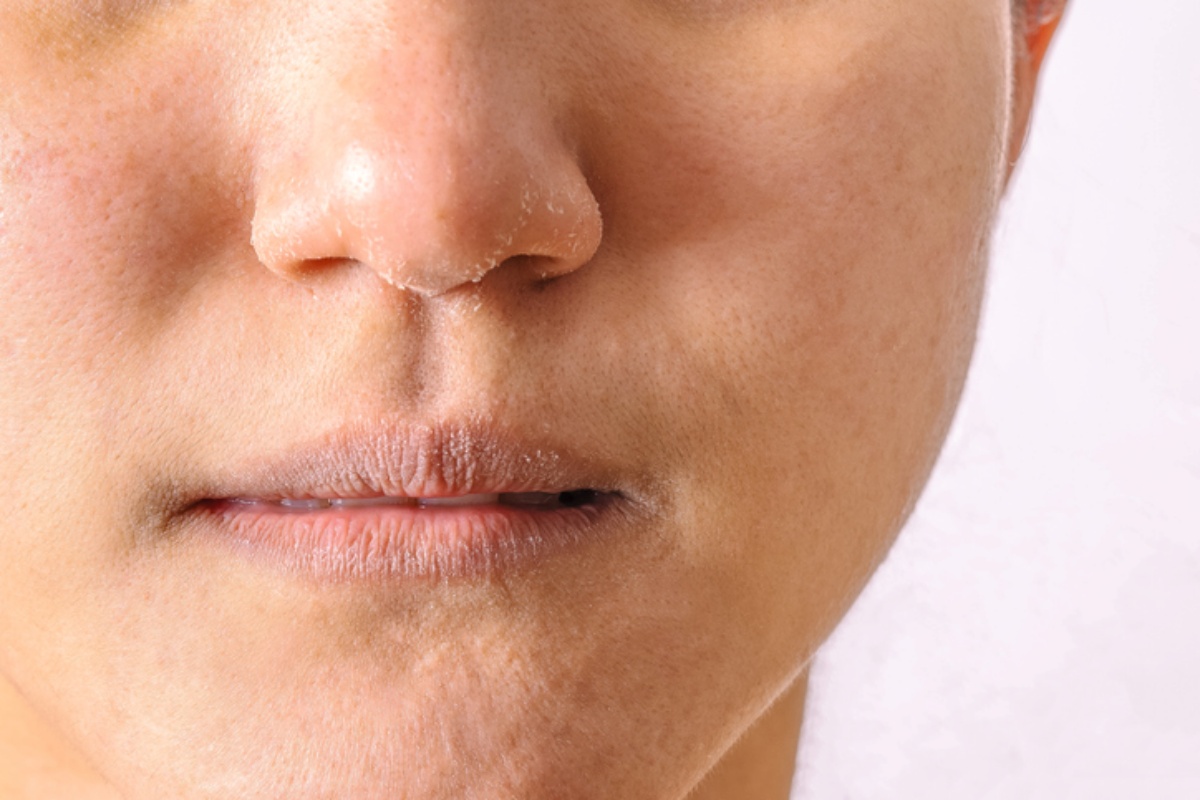There is a whole gamut of skincare products available right now online and in stores that might give our skin the glow, shine, anti-ageing, smoothness that we all crave. But, what happens when we stop using these products? Many of us have an endless list of skin concerns like pigmentation, others about dryness or oiliness, or pimples, or allergies. However, as you grow older, one of the best ways to take care of your skin is to focus on what you eat, rather than what you apply.
Many of us face challenges in deciding what to eat to keep our skin young and healthy, defining a healthy diet, and understanding the role of diet in ageing. Currently, the buzzing topic is finding ways to maintain healthy skin and delay skin aging.
Advertisement
According to a study, there is a close association between sugar and some food processing methods (such as grilling, frying, baking, etc) with skin ageing, and their mechanisms are related to skin advanced glycation end products. Skin health is closely linked to nutrition, which is required for all biological processes in the skin, from youth to ageing or disease. Nutritional deficiencies and eating habits can both repair and cause damage to the skin.
There are several simple things we don’t follow regularly that can cause skin ageing: Not drinking enough water, deficiency of vitamin, proteins, trace elements like zinc, copper, iron, iodine, etc.
Water deficiency in the body can lead to tissue dehydration and functional issues (such as ageing and inflammation). Skin is no exception, and the state of moisture in the body is reflected in the appearance of the skin on the lips and limbs. It is advisable to at least drink more than two litres of water every day.
Almonds are a source of 15 nutrients such as vitamin E, magnesium, protein, copper, zinc, iodine, etc. A new research suggests that there may be more than one reason to add almonds to your daily skin care routine. The study found that eating almonds daily in place of typical calorie-matched snacks improved measures of both wrinkle severity and skin pigmentation in postmenopausal women. Almonds are known to be a rich source of antioxidant vitamin E and deliver essential fatty acids and polyphenols, which make them a great addition to one’s daily diet for improved skin health.
Lack of Vitamin C can also cause skin disorders. They are available in abundance in oranges, lemons, strawberries and guavas.
All of the body’s tissue cells are constantly renewed, and only a sufficient protein intake can keep normal tissue renewal and repair going. The skin is no exception, with a 28-day skin renewal cycle being the norm. Apart from almonds that are rich in protein, you could also consume other protein-rich foods such as yoghurt (dahi), lentils and oats for healthier skin.
(The author is Geetika Mittal, Medical Director and Cosmetologist)
















